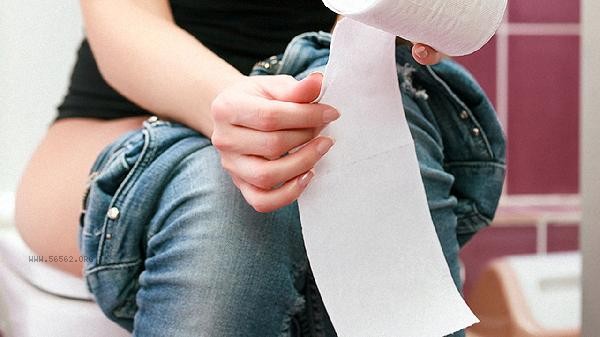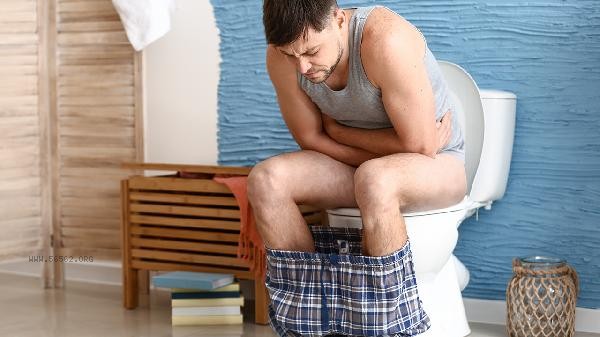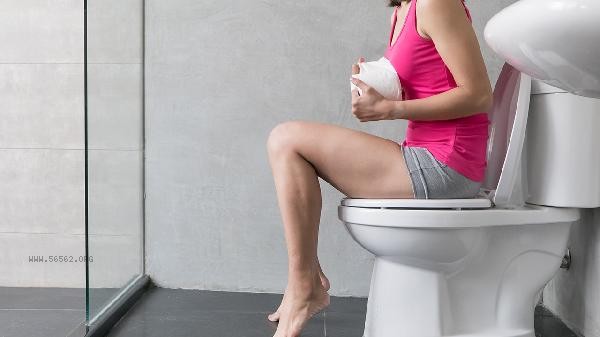During weight loss, dry stool and difficulty in defecation can be improved by adjusting dietary structure, increasing water intake, supplementing dietary fiber, moderate exercise, and establishing regular bowel habits. This situation is usually related to factors such as a large calorie deficit in the diet, insufficient dietary fiber, and slowed intestinal peristalsis.

1. Adjust dietary structure
Reduce the intake of refined carbohydrates and replace some staple foods with whole grains. Whole grains such as brown rice and oats are rich in dietary fiber, which can increase the volume of feces. Ensure daily intake of high-quality protein and choose low-fat and high protein foods such as chicken breast and fish to avoid muscle loss and metabolic effects caused by insufficient protein.
2. Increase water intake
The daily water intake should be at least 2000 milliliters. Drinking warm water on an empty stomach in the morning can stimulate intestinal peristalsis. If high-intensity exercise is performed during weight loss, an additional 500-800 milliliters of water should be added. Insufficient moisture can lead to excessive absorption of fecal water by the colon, exacerbating dryness symptoms.
3. Supplement dietary fiber
Daily intake of 25-30 grams of dietary fiber, dark vegetables such as broccoli and spinach contain 2-3 grams of fiber per 100 grams. Apples, pears and other fruits with skin are rich in pectin soluble fiber. Seed based foods such as chia seeds and flaxseed can provide both soluble and insoluble fiber, improving the gut microbiota environment.

4. Moderate exercise intervention
Doing 30 minutes of aerobic exercise such as brisk walking and swimming every day can accelerate colon peristalsis. Core training such as abdominal roll and plank support can enhance abdominal muscle strength and promote bowel movements. Avoid sitting for more than 2 hours, get up and move for 5 minutes every hour, and stimulate intestinal nerve reflexes through changes in body position.
5. Establish a bowel movement pattern
Fix daily morning or within 2 hours after meals to use the gastrocolic reflex to promote bowel movements. Adopting a squatting position or a sitting posture with raised feet is more in line with the physiological structure of human defecation. To avoid excessive force causing hemorrhoids, bowel movements can be completed through abdominal breathing combined with pelvic floor muscle relaxation. Long term constipation should exclude pathological factors such as hypothyroidism. Short term use of osmotic laxatives such as lactulose oral solution is allowed, but it is necessary to follow medical advice. It is recommended to record daily diet and bowel movements, gradually adjust the weight loss plan, and maintain a healthy weight loss rate of 0.5-1 kg per week. At the same time, pay attention to supplementing with complex vitamin B and magnesium elements, which are involved in intestinal nerve conduction and muscle contraction, and play an important role in maintaining normal bowel function.










Comments (0)
Leave a Comment
No comments yet
Be the first to share your thoughts!